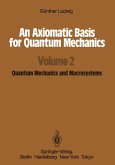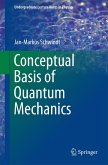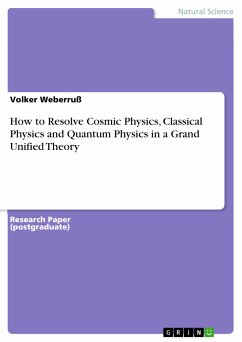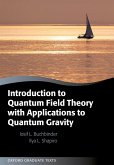Document from the year 2018 in the subject Physics - Theoretical Physics, grade: N/A, , language: English, abstract: The following text is divided into four main parts, the first of which deals with the theory and model of a unitary universal cohesive field, including a basic guide to its possible mathematical treatment, and the second with the derivation of a value for the 'fine structure constant' based on its geometric principles within the context of the implication of this constant in the conventional descriptions of electron spin in particular (e.g. in the description of anomalous electron 'magnetic dipole moment' using 'gs-factor'). While the primary aim of the first part is to establish a model within which a geometric basis in mathematical harmonics may be proposed for the value of that constant, the more general intention is to introduce a viable model of the operation of an entirely exclusive singular cohesive principle for the consideration of any and all data according to this conception of a unitary field; therefore to establish that the existing descriptions and equations of Quantum Electro-dynamics [QED] and Quantum Field Theory [QFT] may, with an appropriately unifying perspective provided by such a model, be correlated directly with a real physical dynamic: the wave principle inherent within such a 'unitary cohesive field'. It is further suggested that such a basis in a real cohesive principle and wave dynamic will serve to resolve problems in the mathematical description of essentially abstract fields and wave functions, more particularly those associated with 'renormalisation' techniques in perturbation theory. The argument is therefore essentially twofold: first, that the lattice model of the cohesive field proposed may be regarded as an adequate description of cohesive dynamics within an inherently integrating unity or 'unitary field', thus that its basic geometric or 'harmonically-defined' ratios may be applied to a description of reality in conventionally quantitative terms of mass, velocity, charge, and more particularly to the relation between such quantities described by various physical and dimensionless constants whose values are here considered to be based in the harmonic relations embodied in such ratios; and second, that the application of such ratios to the derivation of a value for the 'fine structure constant' may be generalised to the explanation of its context, specifically in electron dynamics, according to the principles of the model with respect to such properties and quantities as electron angular momentum and 'charge e'.
Dieser Download kann aus rechtlichen Gründen nur mit Rechnungsadresse in A, B, BG, CY, CZ, D, DK, EW, E, FIN, F, GR, HR, H, IRL, I, LT, L, LR, M, NL, PL, P, R, S, SLO, SK ausgeliefert werden.

![A Wave Theory of Universal Resonance [Volume 1] (eBook, PDF) - Everitt, James A Wave Theory of Universal Resonance [Volume 1] (eBook, PDF) - Everitt, James](https://bilder.buecher.de/produkte/51/51439/51439860n.jpg)

![A Wave Theory of Universal Resonance [Volume 2] (eBook, PDF) A Wave Theory of Universal Resonance [Volume 2] (eBook, PDF)](https://bilder.buecher.de/produkte/51/51567/51567294n.jpg)





